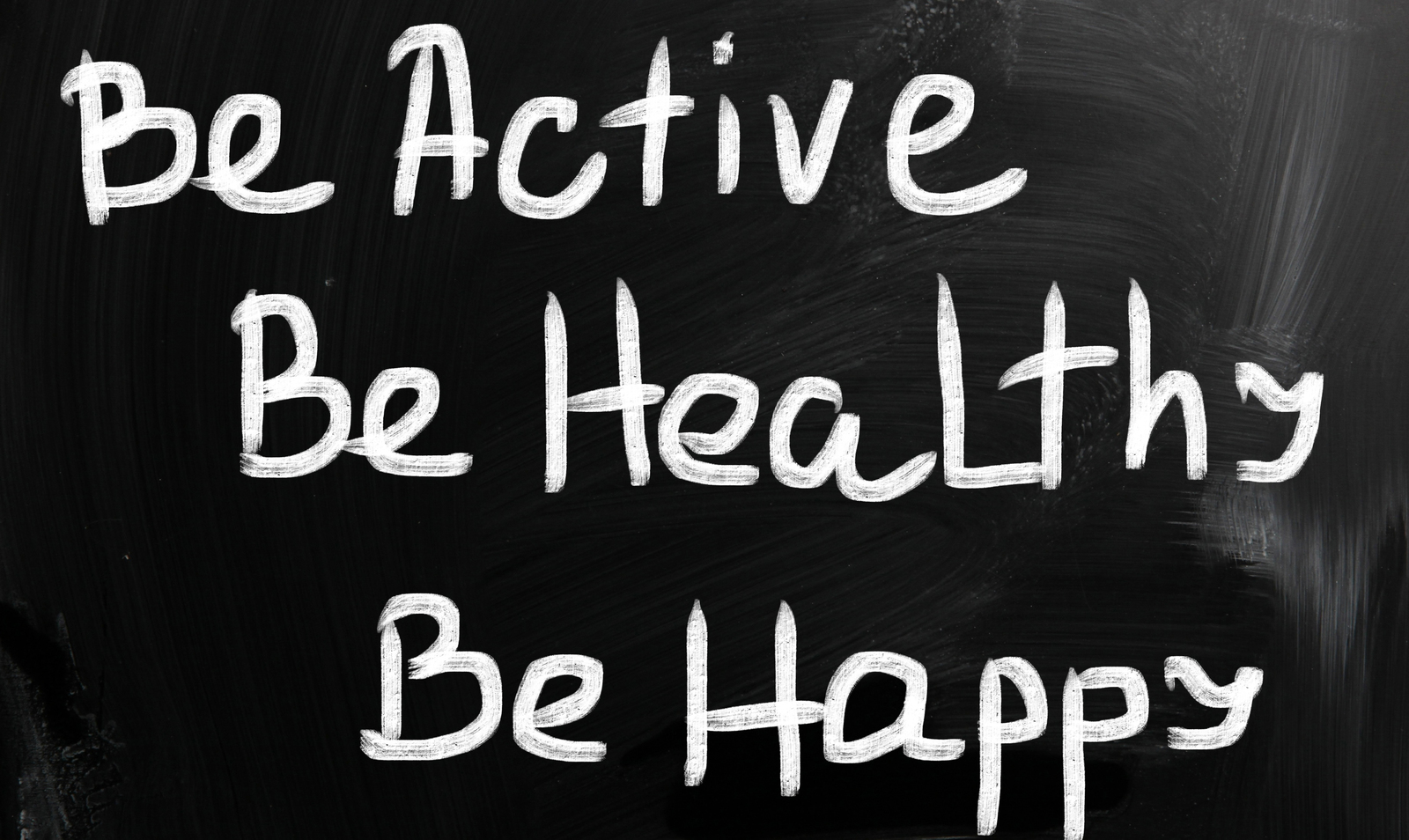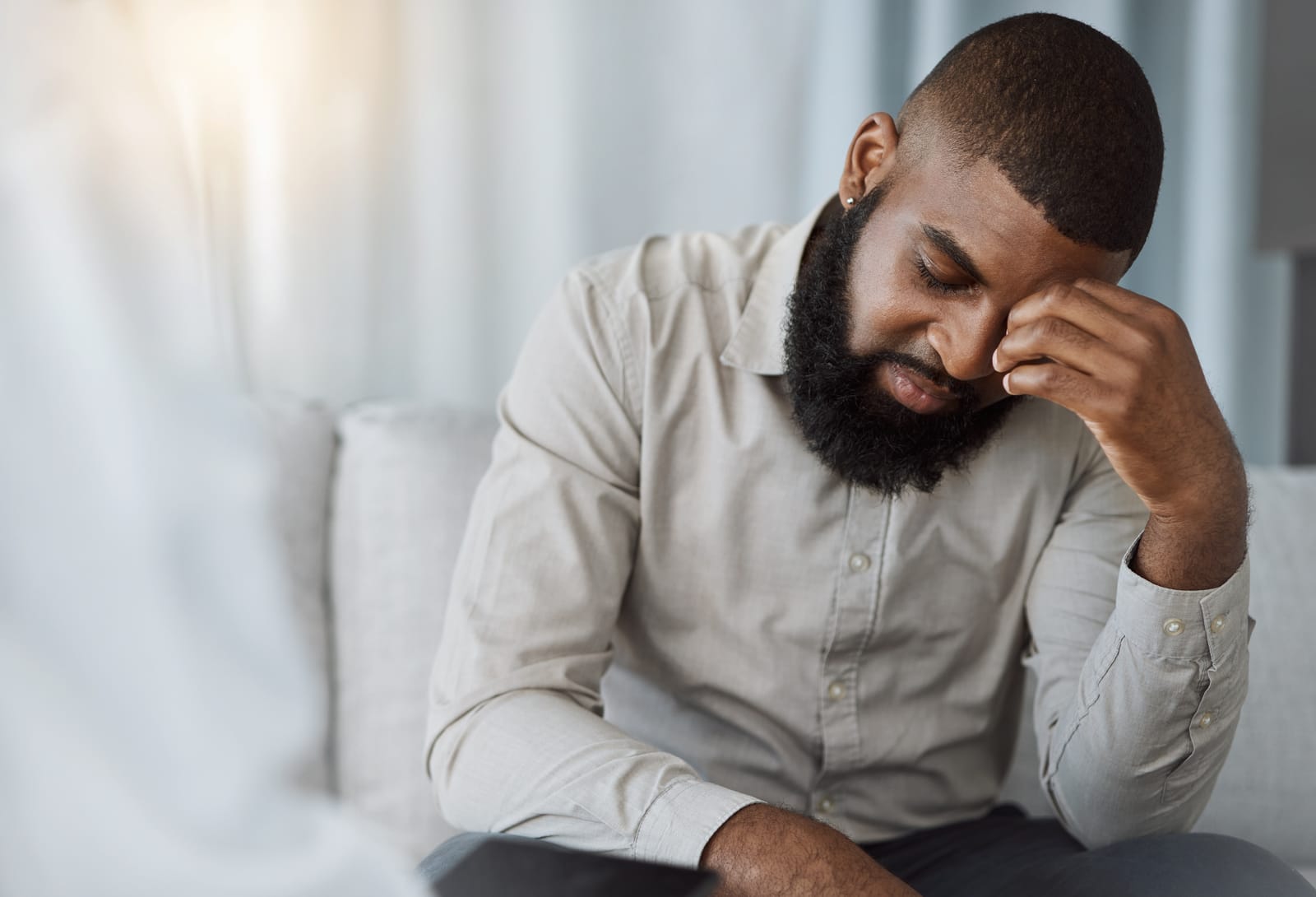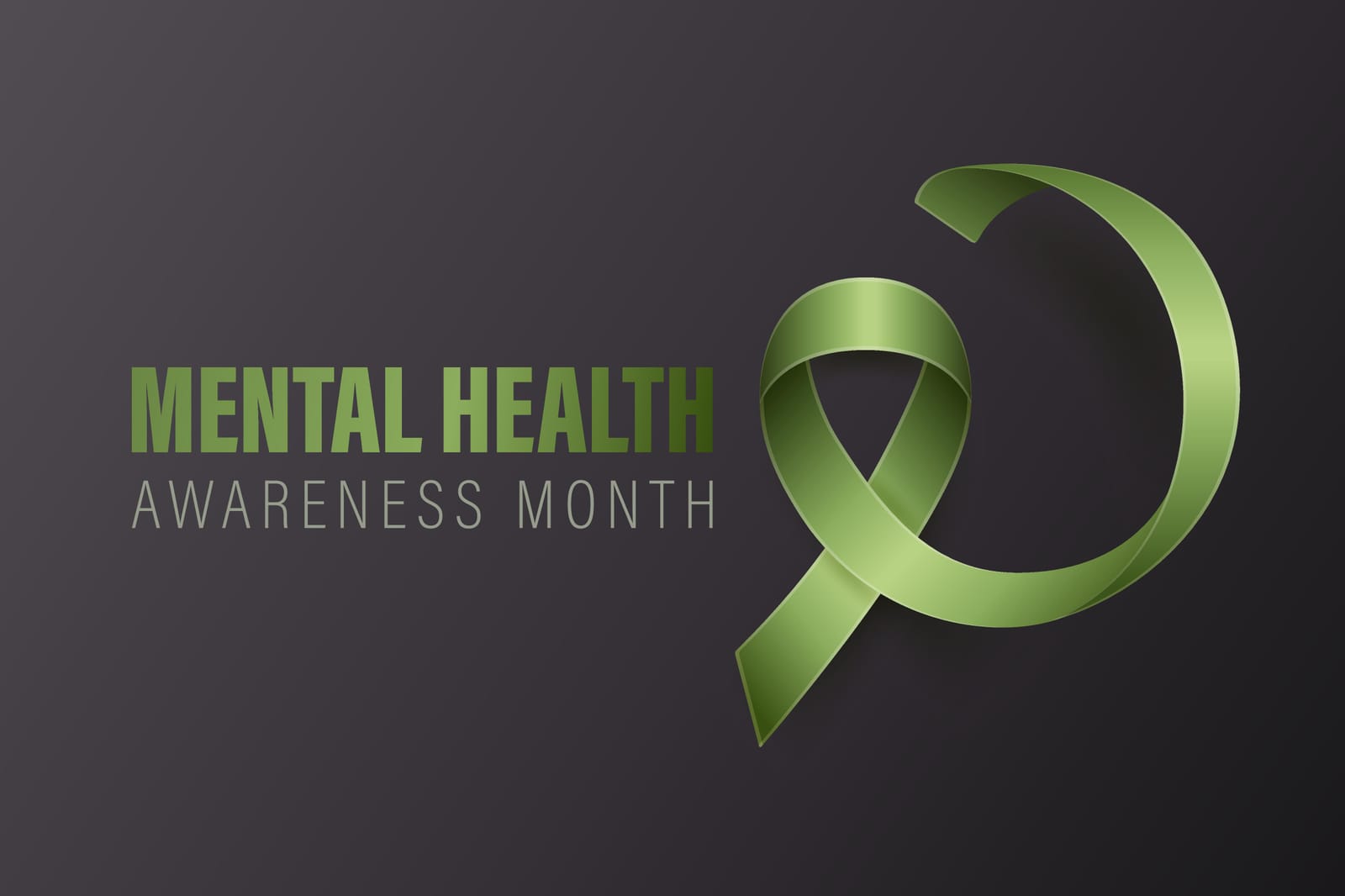A Journey to Positivity, Balance, and Mental Well-being
Life, with all its twists and turns, can feel like a wild rollercoaster. In the midst of this chaotic ride, maintaining positivity, finding balance, and safeguarding our mental health becomes a profound journey—a journey worth taking. Let’s delve into the art of embracing the light within, navigating the labyrinth of life with a heart full of positivity.
The Power of Positivity: Illuminating the Path
Picture this: a gloomy day suddenly brightened by a burst of sunlight. That’s the transformative power of positivity. It’s not about denying life’s challenges but choosing to see the silver lining even in the darkest clouds. Positivity is the lantern that lights our way through the shadows, reminding us that even in adversity, there’s room for growth.
Finding Balance: The Art of Juggling Life’s Demands
Balancing act, anyone? Life throws a myriad of responsibilities our way—work, relationships, self-care, the list goes on. Finding balance is like juggling, ensuring no ball drops while gracefully keeping the rhythm. It’s about setting priorities, knowing when to say ‘no,’ and understanding that balance is a continuous dance, not a perfect pose.
Nurturing Mental Health: A Sanctuary Within
Our minds, oh, they’re intricate gardens that require tender care. Nurturing mental health is the foundation of a fulfilling life. It’s the art of recognizing when the mind needs a break, seeking support when needed, and treating ourselves with the same kindness we’d offer a dear friend. Mental health is not a destination; it’s a daily journey of self-compassion.
The Joy of Simple Pleasures: Fuel for the Soul
In the pursuit of positivity and balance, don’t forget the joy of simple pleasures. Whether it’s savoring a cup of tea, taking a leisurely walk, or losing yourself in a good book, these moments become the fuel that replenishes the soul. In the hustle and bustle, these simple joys anchor us in the present.
Connection and Community: The Pillars of Support
Humans are social beings, and our connections with others are the threads that weave the fabric of our lives. Cultivating positive relationships and building a supportive community is the bedrock of mental well-being. It’s the assurance that, even in life’s storms, we are not alone. Reach out, share, and let the strength of community lift you.
Conclusion: A Compassionate Journey Within
In the symphony of life, maintaining positivity, balance, and mental health is not a one-size-fits-all endeavor. It’s a personal, compassionate journey—one that requires self-reflection, resilience, and an unwavering belief in the beauty of our own light.
So, let’s embrace the light within, dance with the delicate balance of life, and prioritize the sanctuary of our mental well-being. In doing so, we not only navigate life’s rollercoaster but transform it into a thrilling adventure of self-discovery and growth. Here’s to embracing the light within—may it guide us through every twist and turn. Happy journeying!






